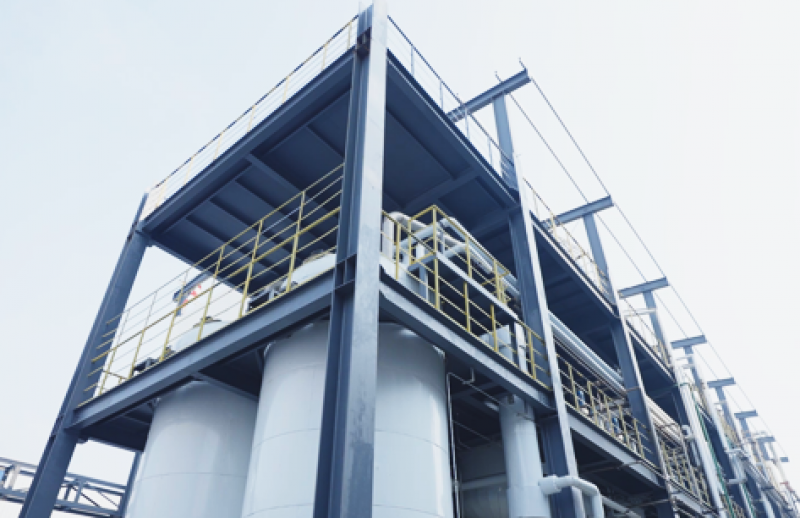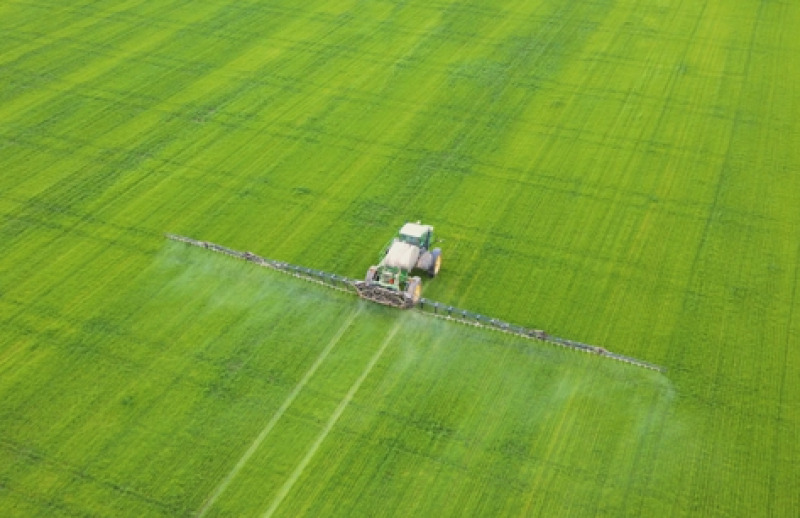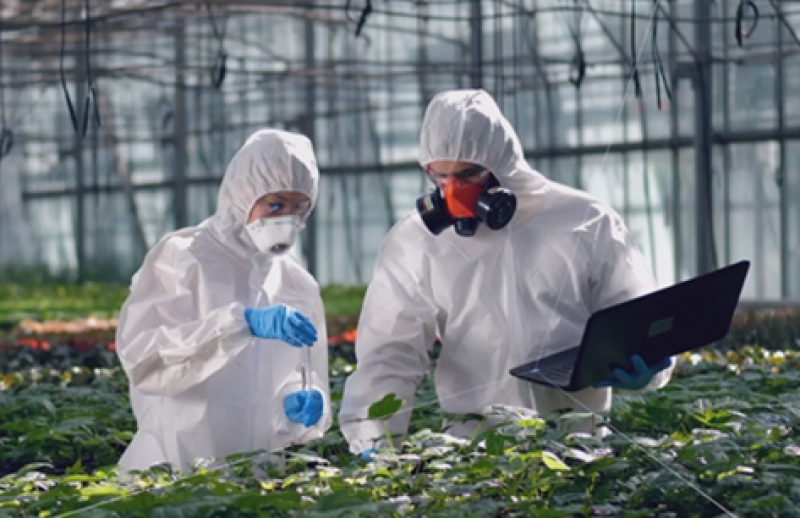
Operation, disposal, storage and transportation of phosphorus oxychloride
Precautions for operation: During closed operation, pay attention to ventilation. Mechanize and automate the operation as much as possible. Operators must undergo specialized training and strictly adhere to operating procedures. It is recommended that operators wear a self priming filter type gas mask (full face mask), rubber acid and alkali resistant clothing, and rubber acid and alkali resistant gloves. Avoid generating smoke. Prevent the release of smoke and vapor into the air of the workplace.
Avoid contact with reducing agents, active metal powders, and alcohols. Pay particular attention to avoiding contact with water. When transporting, it is necessary to load and unload gently to prevent damage to the packaging and containers. Equipped with leakage emergency response equipment. Empty containers may have residual harmful substances. Storage precautions: Store in a cool, dry, and well ventilated warehouse. Keep away from sparks and heat sources.
The temperature of the warehouse shall not exceed 25 ℃, and the relative humidity shall not exceed 75%. Packaging must be sealed and not affected by moisture. It should be stored separately from reducing agents, active metal powders, alcohols, etc., and mixed storage should be avoided. The storage area should be equipped with emergency response equipment for leaks and suitable storage materials.
Transportation precautions: During railway transportation, the dangerous goods loading table in the "Dangerous Goods Transport Rules" of the Ministry of Railways should be strictly followed for loading. The packaging should be complete during shipment and the loading should be secure.
During transportation, it is necessary to ensure that the container does not leak, collapse, fall, or be damaged. It is strictly prohibited to mix and transport with reducing agents, active metal powders, alcohols, edible chemicals, etc. Transport vehicles should be equipped with leakage emergency response equipment during transportation. During transportation, it is necessary to prevent exposure to sunlight, rain, and high temperatures. During road transportation, it is necessary to follow the prescribed route and not stay in residential or densely populated areas.


